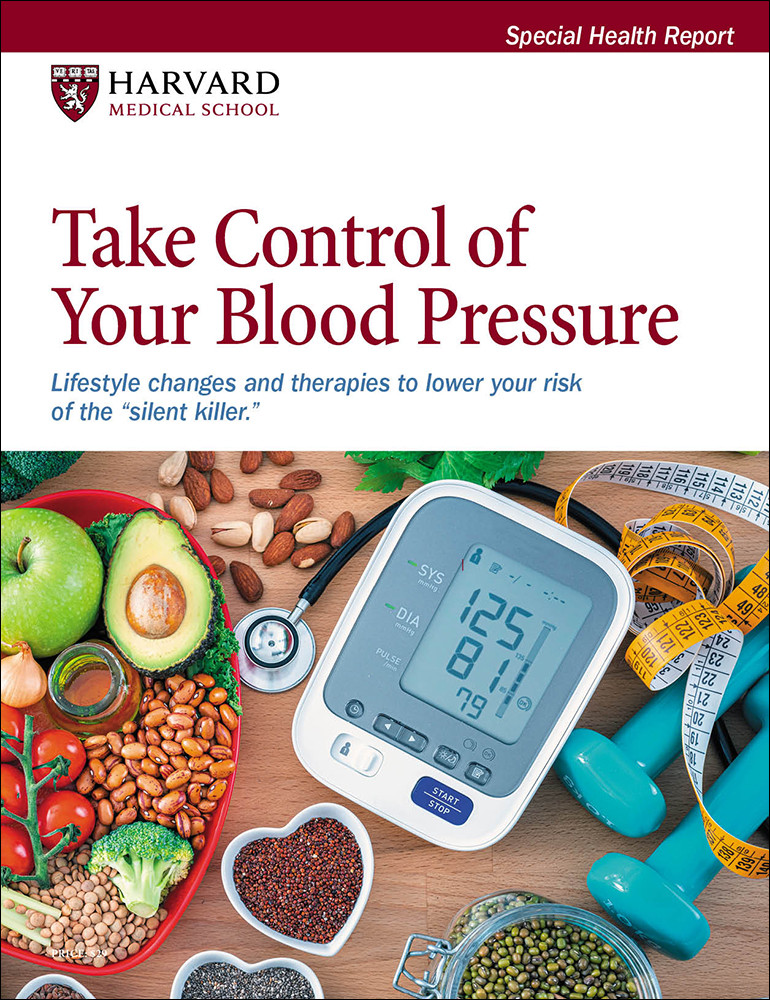Some blood pressure drugs may lower dementia risk
In the journals
- Reviewed by Howard E. LeWine, MD, Chief Medical Editor, Harvard Health Publishing; Editorial Advisory Board Member, Harvard Health Publishing

Studies have shown a link between keeping blood pressure below 120/80 millimeters of mercury and a lower risk of developing dementia. For many older people, reaching that goal requires taking medication. To date, it has been unclear whether any particular drug or combination of drugs makes a difference in dementia risk.
A new study has found that blood pressure drugs that stimulate type 2 and 4 angiotensin II receptors in the brain may offer greater protection against Alzheimer’s disease and other dementias. These drugs include angiotensin-receptor blockers, such as valsartan (Diovan) and losartan (Cozaar); dihydropyridine calcium-channel blockers, like amlodipine (Norvasc); and thiazide diuretics, like hydrochlorothiazide (also known as HCTZ).
It’s not understood why these particular blood pressure drugs may help maintain brain health. The researchers speculated that stimulating the angiotensin II receptors might enhance brain blood flow or perhaps reduce amyloid plaque, high amounts of which are linked with Alzheimer’s. The study was published online Jan. 4, 2023, by JAMA Network Open.
A person with good blood pressure control should not change medications based on this one study. But if you’re beginning a new blood pressure drug, or if you need to change your regimen, ask your doctor about these angiotensin II stimulators. All are well-established treatments and are available as inexpensive generics.
Image: © Nes/Getty Images
About the Author

Matthew Solan, Former Executive Editor, Harvard Men's Health Watch
About the Reviewer

Howard E. LeWine, MD, Chief Medical Editor, Harvard Health Publishing; Editorial Advisory Board Member, Harvard Health Publishing
Disclaimer:
As a service to our readers, Harvard Health Publishing provides access to our library of archived content. Please note the date of last review or update on all articles.
No content on this site, regardless of date, should ever be used as a substitute for direct medical advice from your doctor or other qualified clinician.
















